
Top 38 Black Urban Quotes
#1. In America, black urban teenagers have long been lacking in inclusion. In France, there is a comparable lack of inclusion among North Africans. In much of Europe, there has been little attempt to include the Roma.
Edmund Phelps
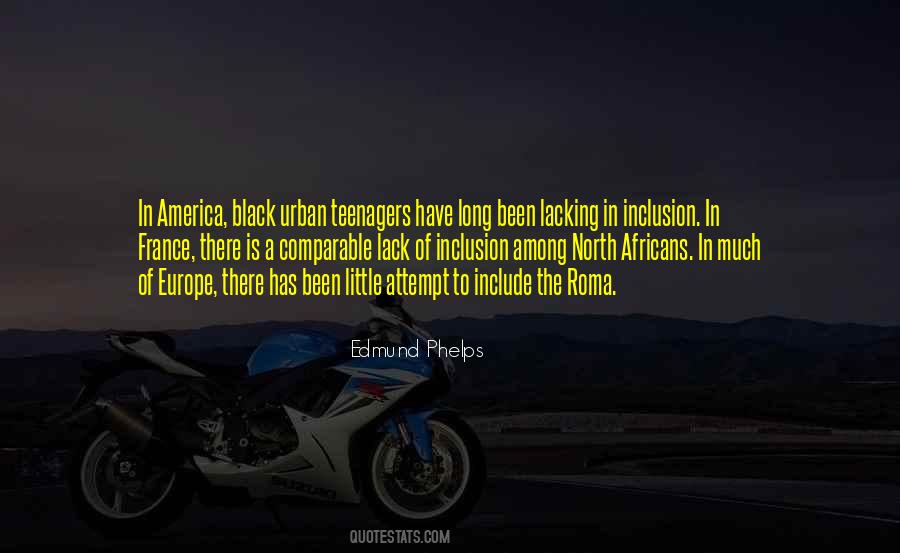
#2. I assume the president's going to say he got bad intelligence ... I think that wherever you see poverty, whether it's in the white rural community or the black urban community, you see that the resources have been sucked up into the war and tax cuts for the rich.
Charles Rangel
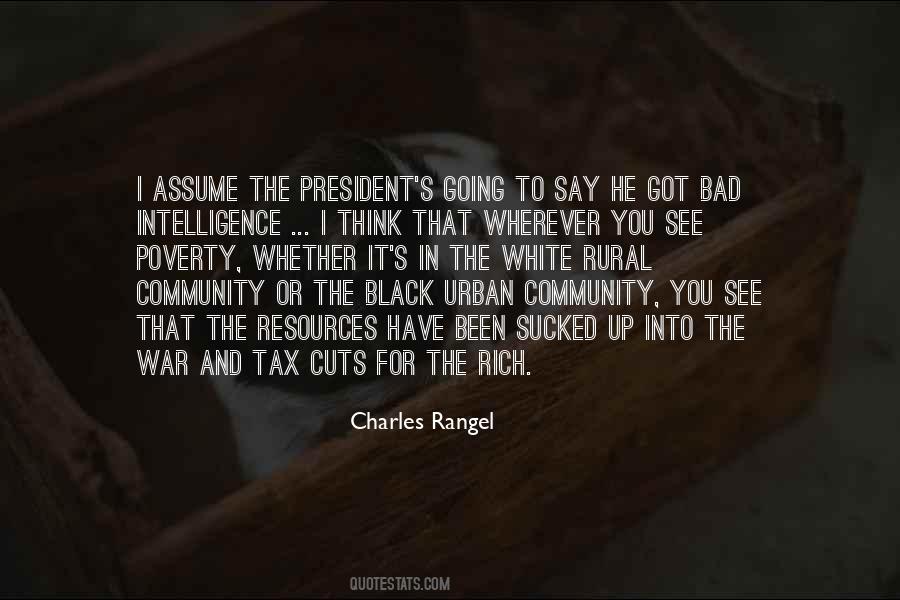
#3. We don't consider black, urban films as 'indies,' though many of them are shot for under $10 million which is kind of the definition of an indie.
Gabrielle Union
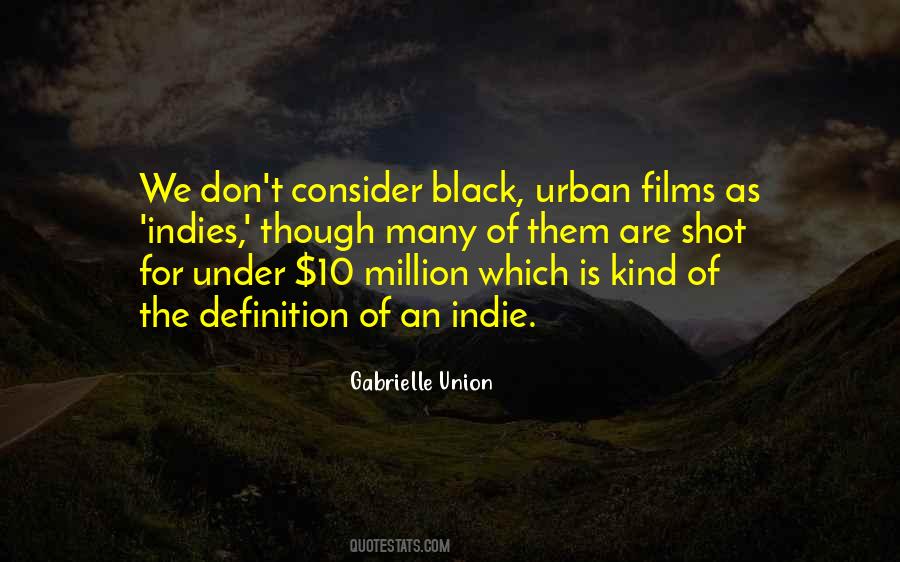
#4. A lot of times black actors get stuck in a box. They're up against a lot of limitations for the kind of films that they get approached about. It's easy to get stuck in a box and just be approached about nothing but urban films.
Tyrese Gibson
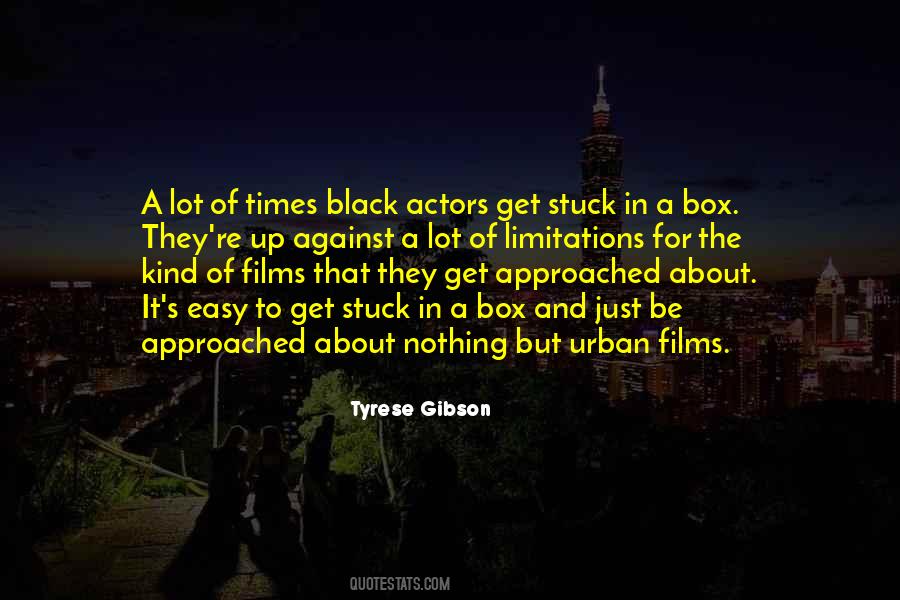
#5. Black New Yorkers' distressing personal accounts of poverty and unemployment, inadequate housing, white supremacy and state-sanctioned violence politicized St. Clair, leading her to become one of New York's staunchest yet most unlikely voices against urban inequity.
LaShawn Harris
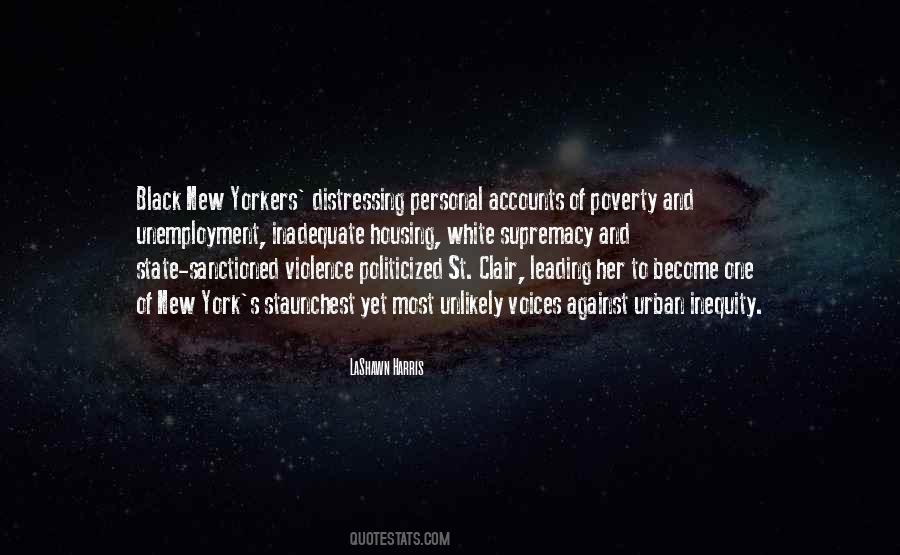
#6. Friday: The day after Thursday and before Saturday according to Rebecca Black. Also the most annoying day of the week now.
Aaron Peckham
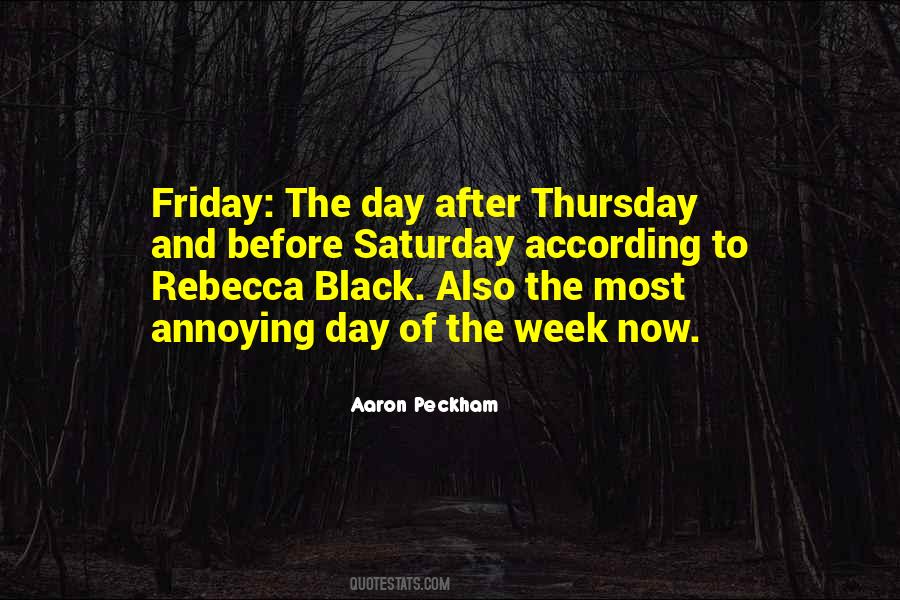
#7. What I didn't expect to see was Alex, wearing nothing but a tight pair of black boxer briefs and a red velvet bow around his neck. I swear I almost swooned. I definitely drooled.
"Oh my God. I'm scarred for life. I'll never be able to unsee that." Jake slapped his hands over his eyes ...
Suzanne Johnson
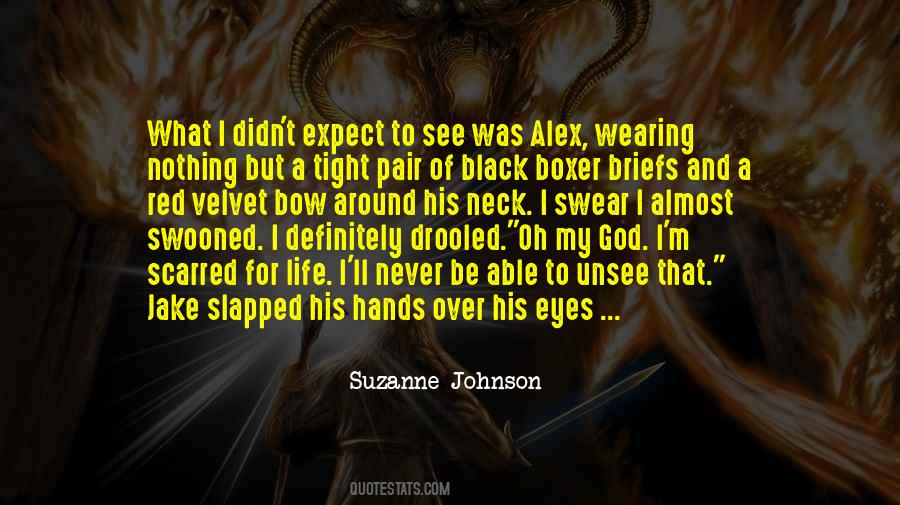
#8. Later that year, the Voting Rights Act opened the door for thousands to register for the first time.
Junius Williams
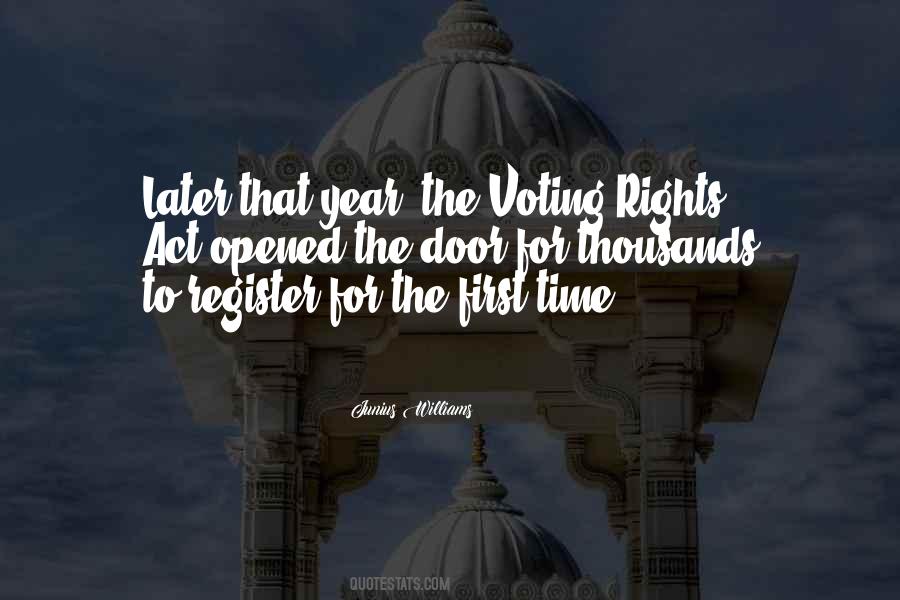
#9. We learned how to envision a different neighborhood, fought for the resources to make it happen, and in March 1968, through the Medical School Agreements, had been given the green light to proceed. All we had to do was make it happen
and ascend to a new level of power in the community.
Junius Williams
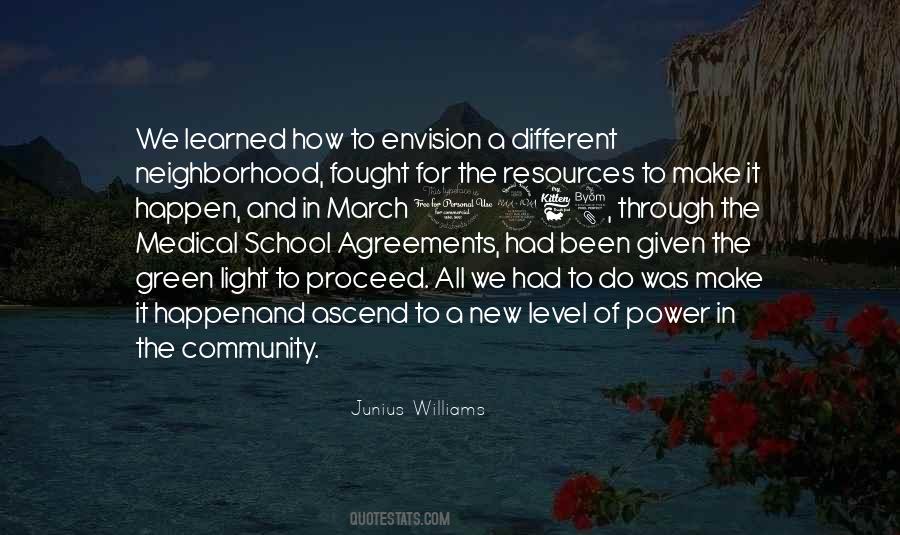
#10. By the middle to the end of the 1970s, Black Power as we envisioned was a dream deferred. And I was no longer in a position to awaken the minds of the people about what was happening.
Junius Williams
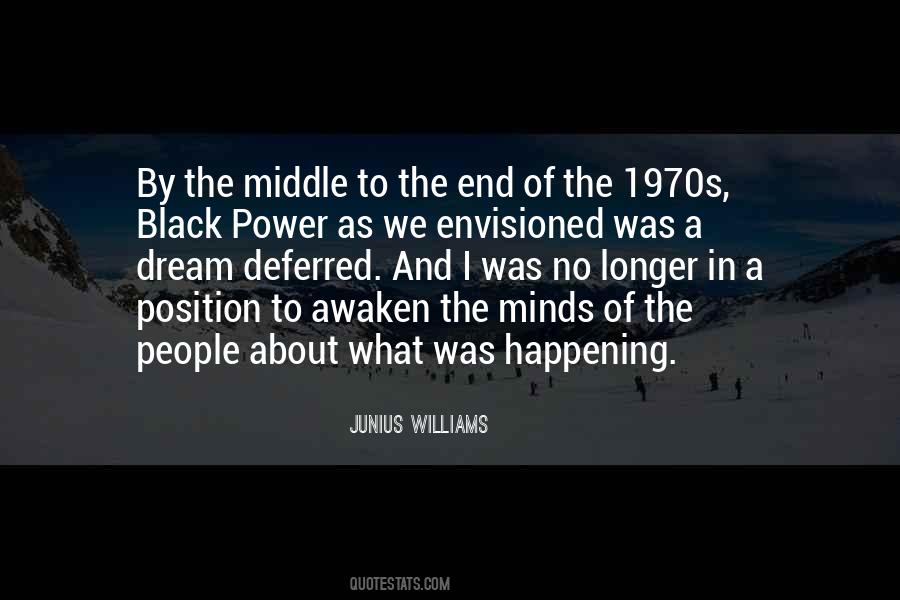
#11. I'm going to be a fashion icon in a minute. I'm not going to do it in a corny manner. I have a voice that speaks for a whole other market - not just black people, but high fashion urban people. I mix street wear with high fashion. It's never been seen before.
ASAP Rocky
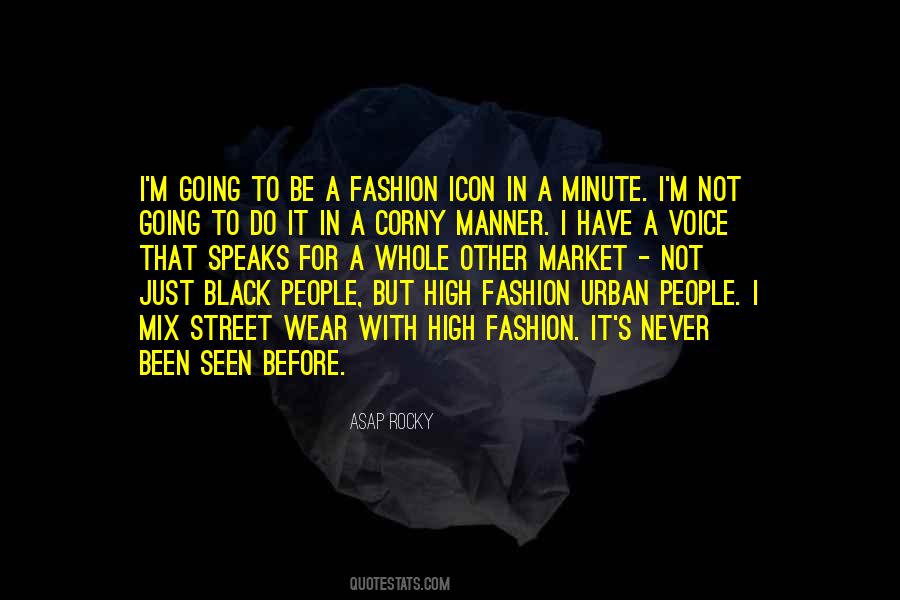
#12. I always loved LeAnn Rimes and especially Clint Black for his soulfulness. As I've gotten older, my influences have broadened - John Mayer, Michael Buble, Stevie Wonder, Keith Urban, Stevie Ray Vaughn, the Beatles - all of these artists have somehow been a part of my development as a songwriter.
Hunter Hayes
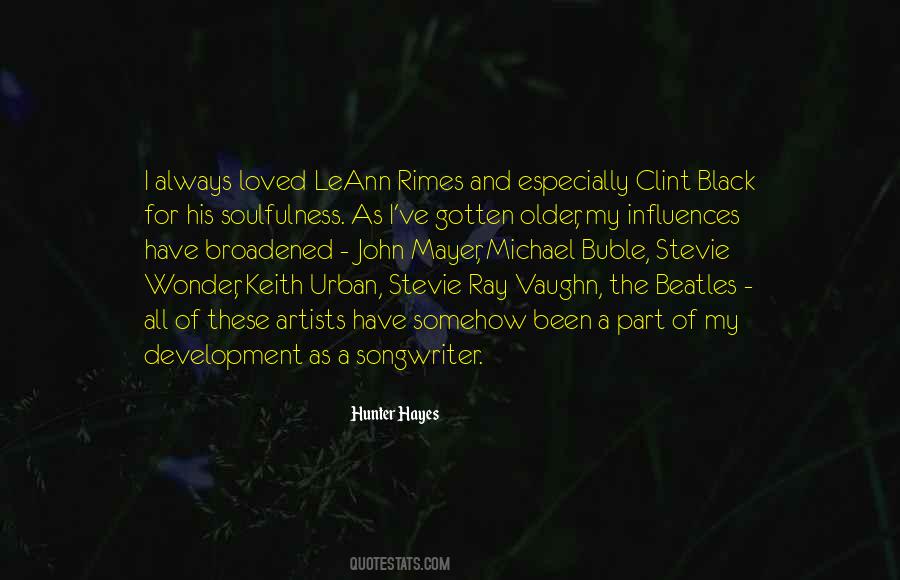
#13. I had never run a campaign, but I was an organizer. My job was to create momentum by mobilizing the constituency we had, which I was positioned to do.
Junius Williams
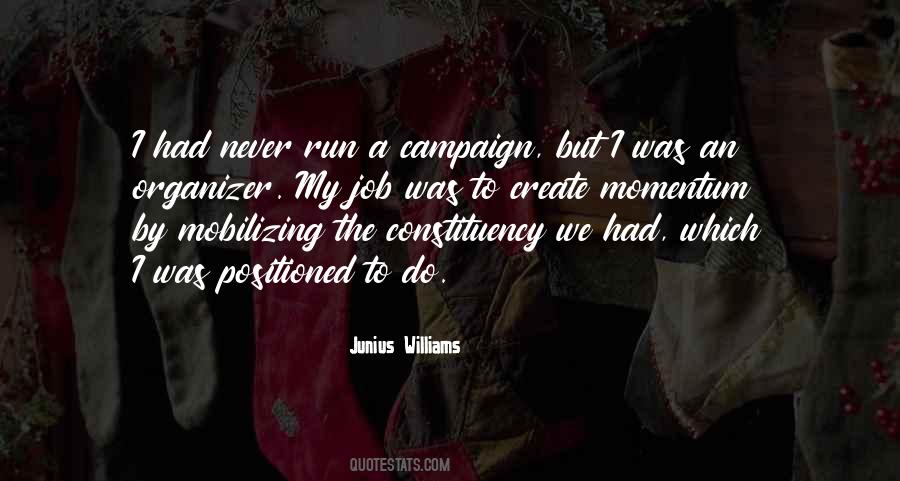
#14. ... the door banged wide open, and the most striking man I had ever seen stood in the frame, the black winds whipping around him like a chariot of storm clouds.
Heather Heffner
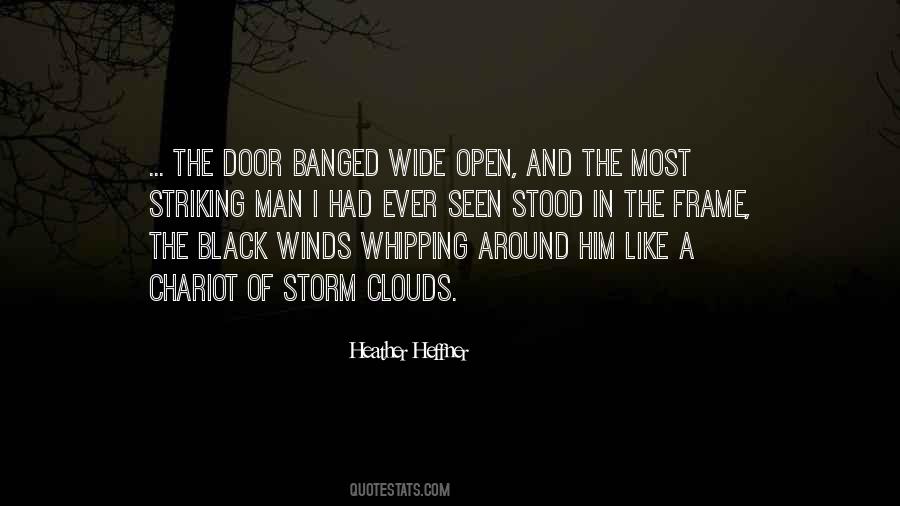
#15. My dad liked to say that magic itself is never black; only the uses to which it is put, but mind magic is already tinted a deep, dark gray.
Christine Amsden
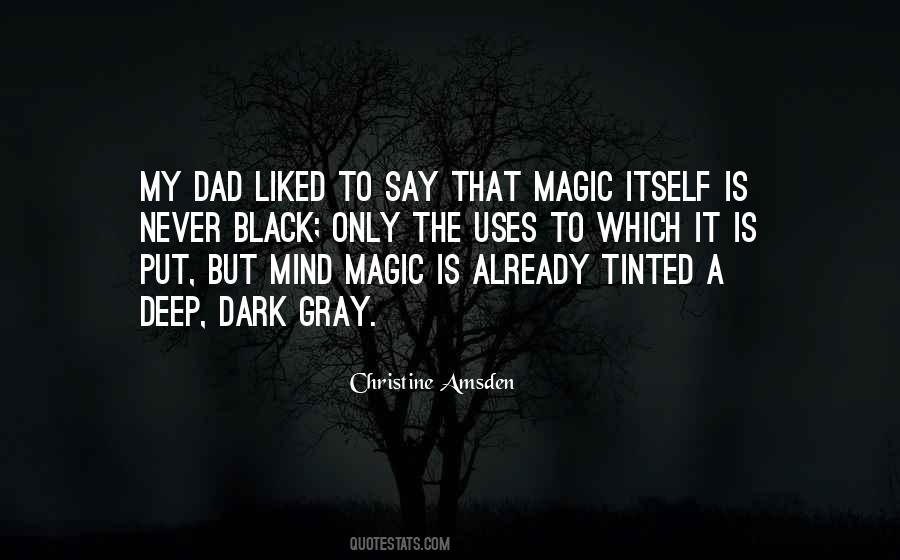
#16. But despite the scarcity of confrontation with whites in our neighborhood, race and racism permeated every aspect of our lives. Our parents taught us that in order to succeed, we 'had to be twice as good as white folks.' We were constantly being prepared to enter a world dominated by whites.
Junius Williams
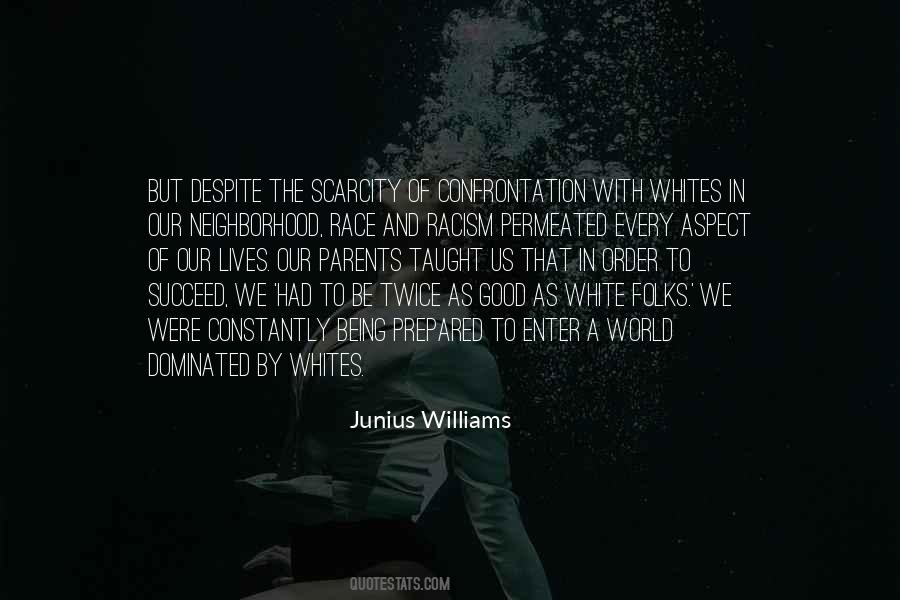
#17. The youth were to be trained to be the vanguard of the next battlefront, whatever that was. I knew within my heart that the Gibson experiment in city hall would attract enemies, so I intended to teach these young people how to fight on this new battlefield.
Junius Williams
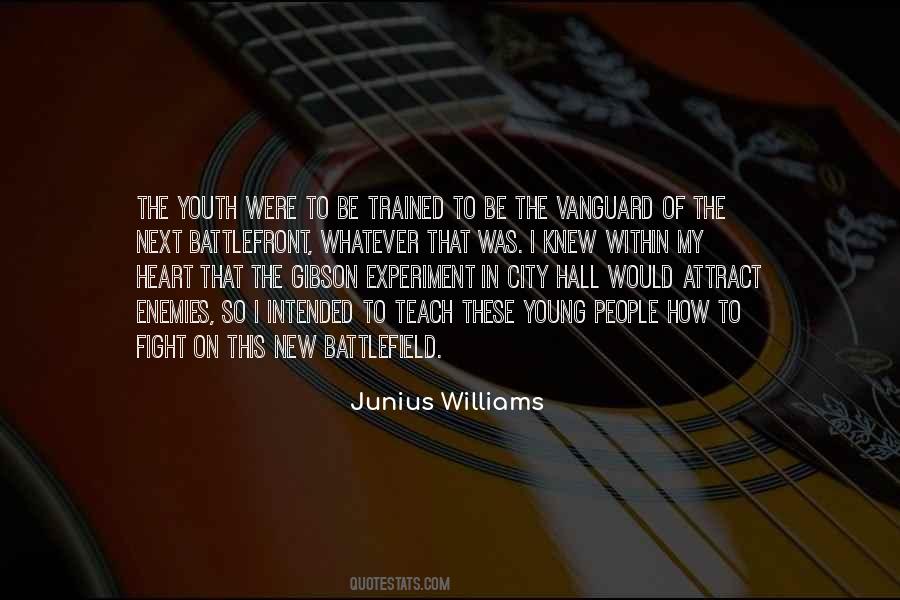
#18. I had no way of predicting that Selma to Montgomery was indeed to be the last great civil rights march of the era, and that everything afterward would indeed by 'post-civil rights.
Junius Williams
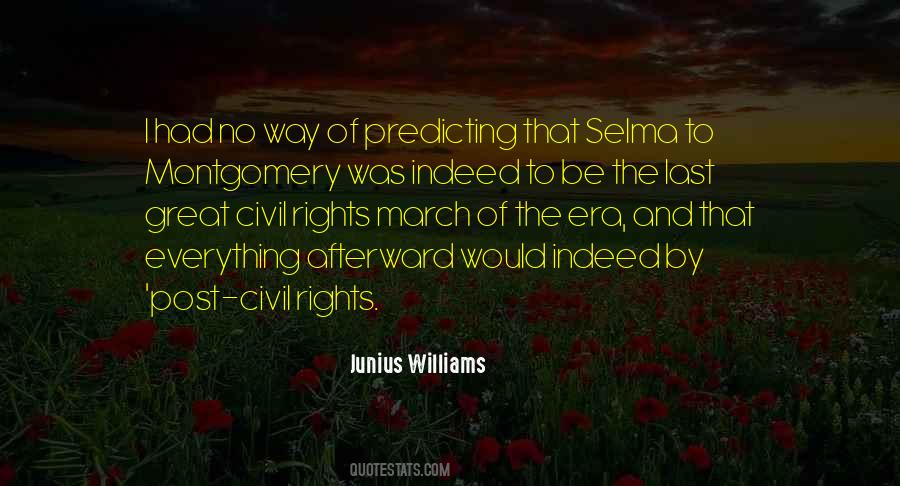
#19. I had to live, had no money, and therefore resorted to commercial prostitution.' Smith was introduced to the urban sex trade by a middle-aged black woman who seemed genuinely concerned for her well-being.
LaShawn Harris
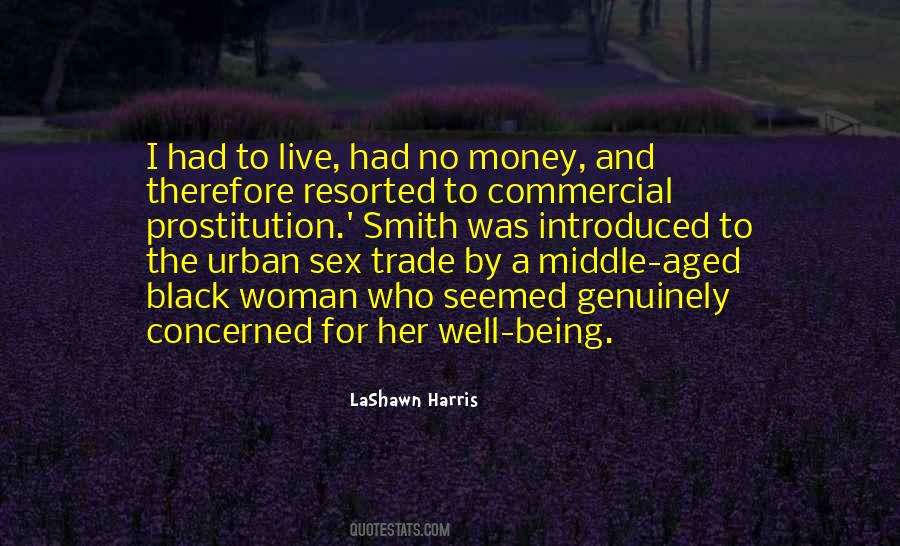
#20. I took a step back, shaking my head, wishing I could place a gnarly black hex on him. My daddy taught me better than that.
Mary Buckham
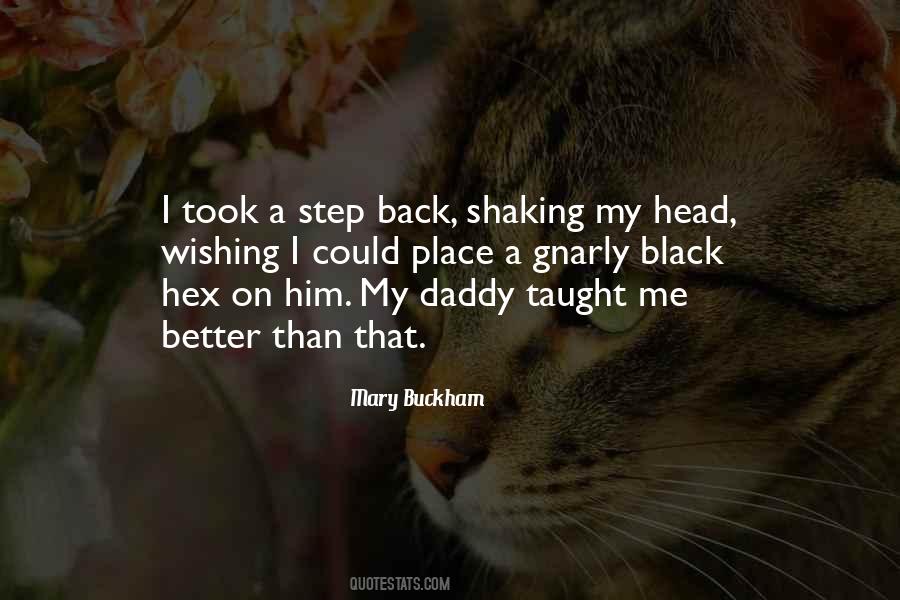
#21. Cockroaches were a problem, too, and to me the people who invented Combat, the little black roach-trapping contraption, are urban folk heroes.
Kim Gordon
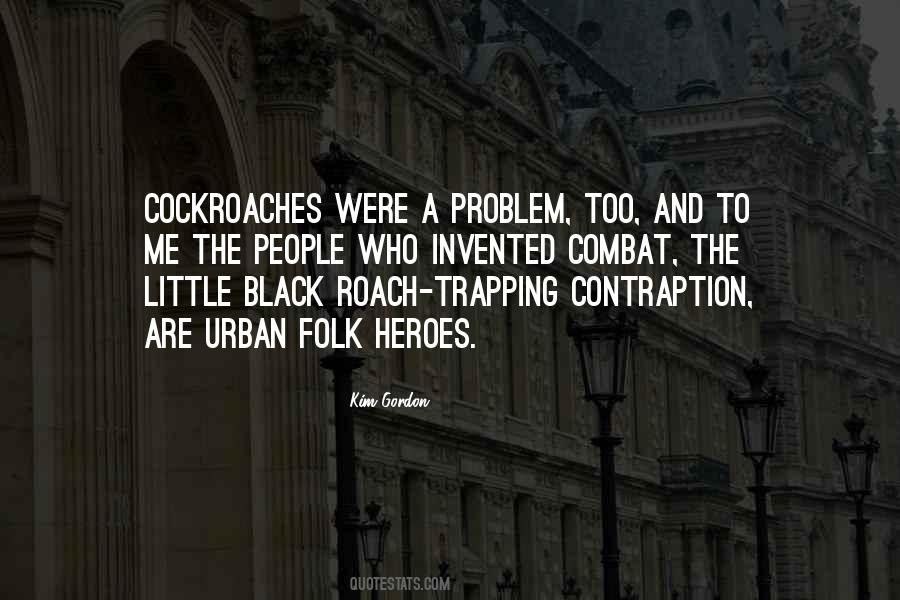
#22. Saeed quickly found employment at a Banana Republic, where he would sell to urban sophisticates the black turtleneck of the season, in a shop whose name was synonymous with colonial exploitation and the rapacious ruin of the third world.
Kiran Desai
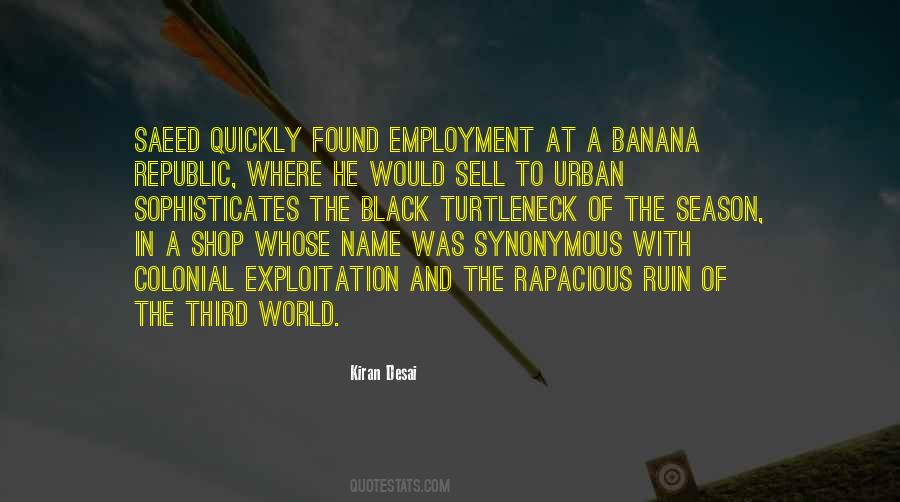
#23. 'American Horror' goes for a very specific kind of Seventies suburban downer ambience - 'Flowers in the Attic' paperbacks, Black Sabbath album covers and late-night flicks like 'Let's Scare Jessica to Death.' It even has 'Go Ask Alice'-era urban legends.
Rob Sheffield
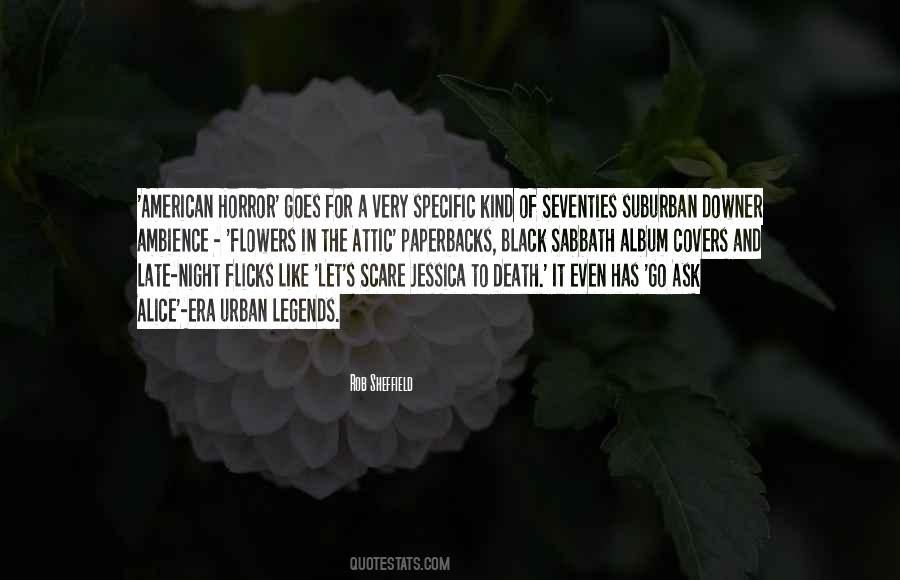
#24. Knocking on doors wasn't working. We had to try something else. Remember the kids whose natural curiosity brought them into our little office on the corner? We set up a Freedom School that was fashioned after the SNCC Freedom Schools in Mississippi and other places.
Junius Williams
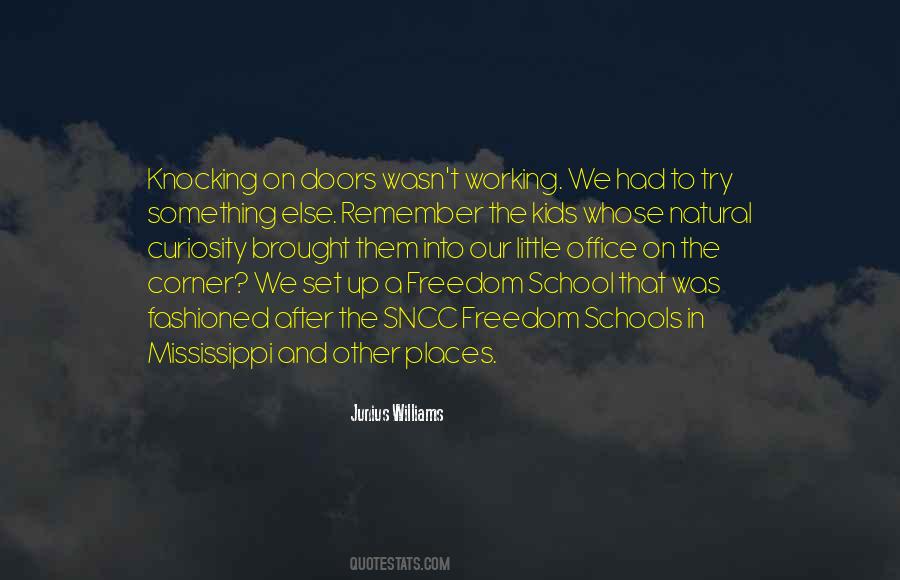
#25. Their analysis clearly revealed the existence of a color line that effectively blocked black occupational, residential, and social mobility. They demonstrated that any assumption about urban blacks duplicating the immigrant experience had to confront the issue of race.
William Julius Wilson
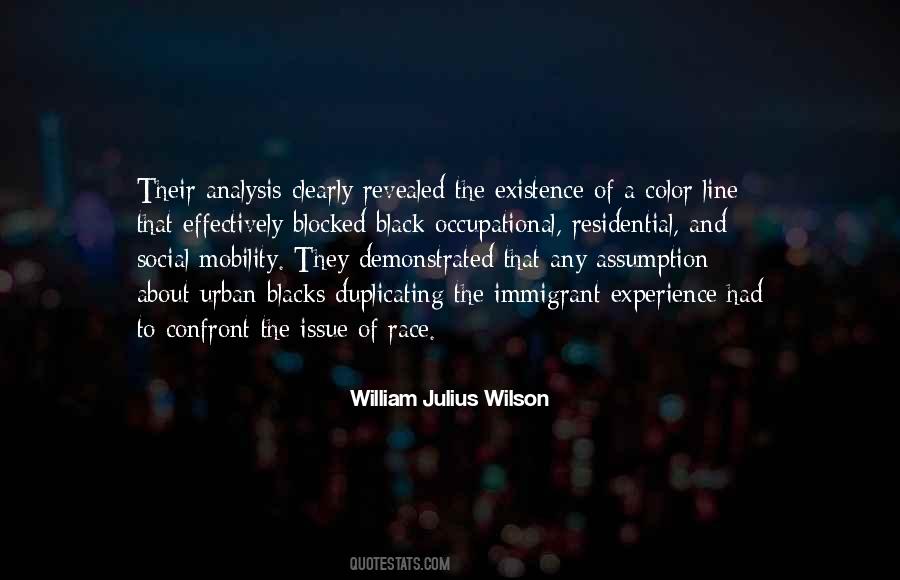
#26. The methodologies of examining hip hop are borrowed from sociology, politics, religion, economics, urban studies, journalism, communications theory, American studies, transatlantic studies, black studies, history, musicology, comparative literature, English, linguistics, and other disciplines.
Michael Eric Dyson
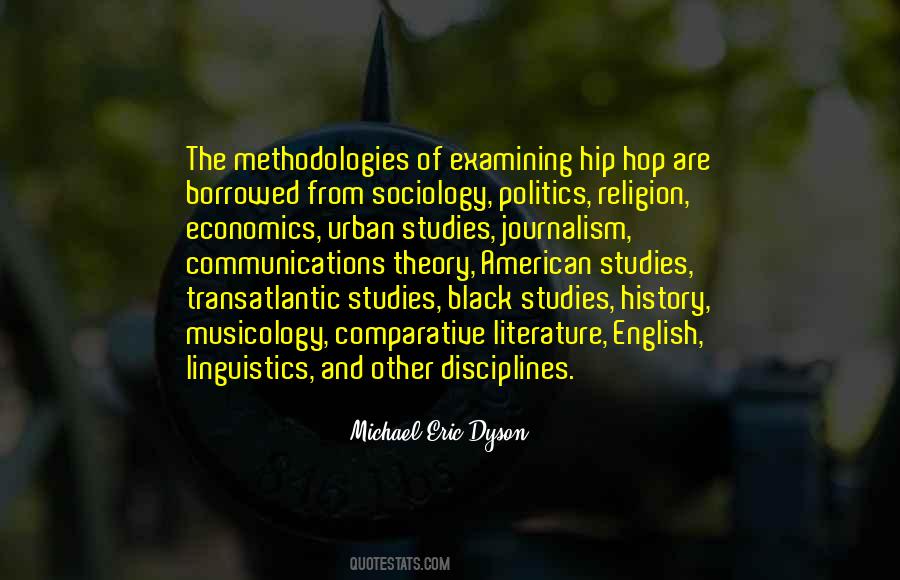
#27. I ordered a hot chocolate and Chandler got a black coffee. He smiled over at me. "Still no love for coffee?"
I shook my head. "Nah, why have bitter and gross when I can have sweet and delicious?
Lisa Kessler
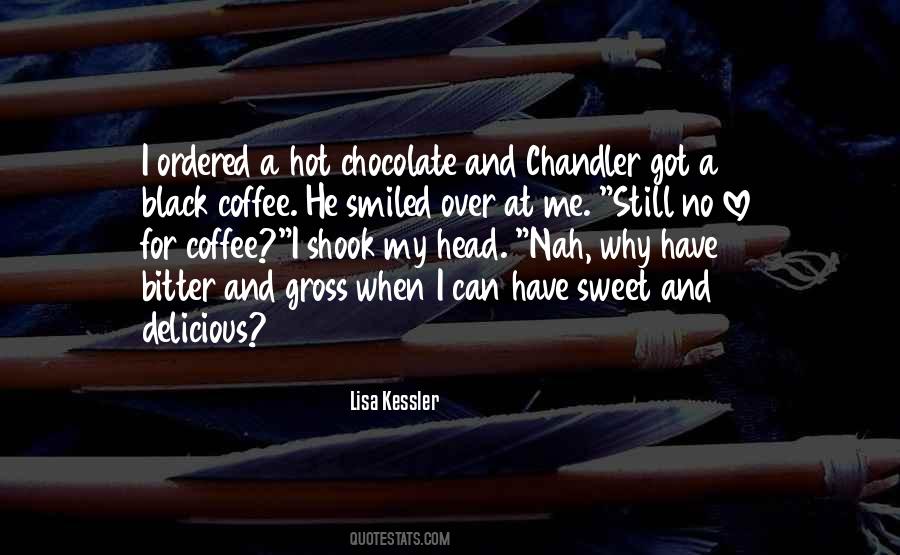
#28. There was an aura about King that was unforgettable. I seem him now in my mind's eye: collected, peaceful, calm. He was in his element and totally in command of himself and the situation.
Junius Williams
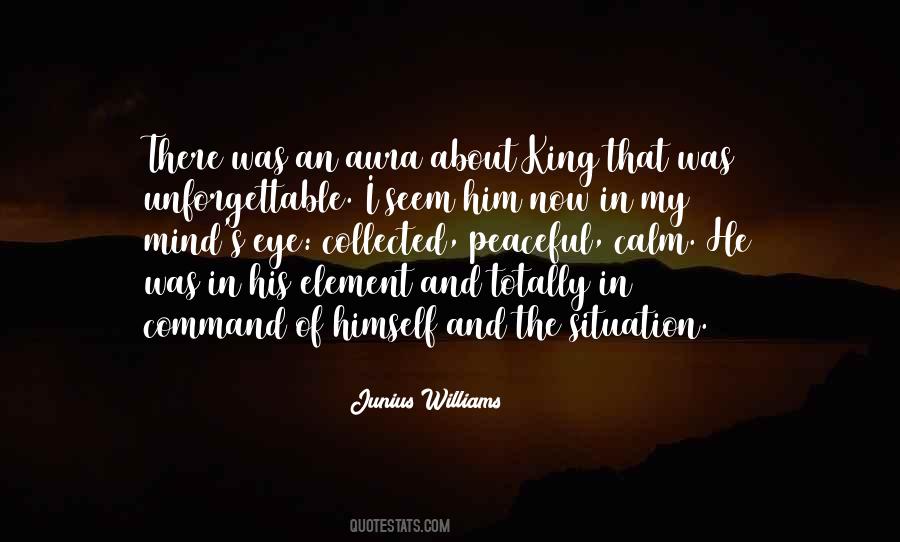
#29. So on June 16, 1970, history was made in Newark. Ken Gibson became the first black mayor of a major Northeastern city.
Junius Williams
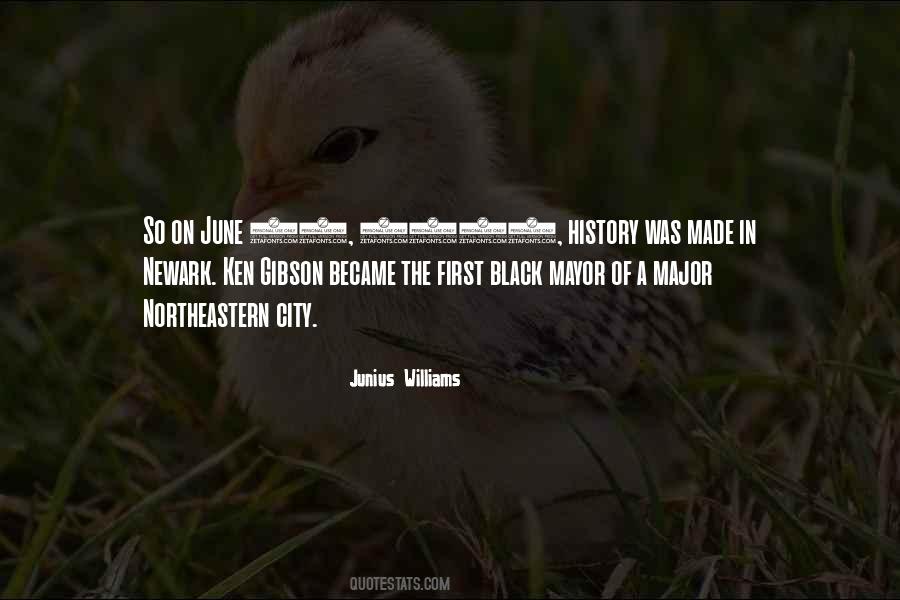
#30. Urban artist have to face the stigma not only from white Australia but black Australia too; that's horrific when people say that their art isn't "Aboriginal" if it doesn't have dots or lines or moieties in it.
Warwick Thornton
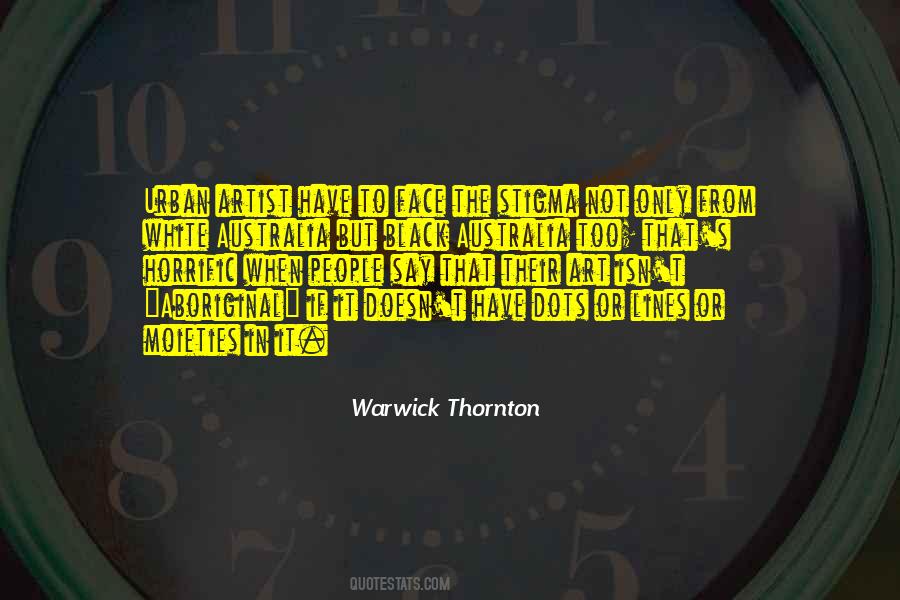
#31. We were talking about urban youth. And by urban I mean lives in a city not urban as in black like white people use it.
Hannibal Buress
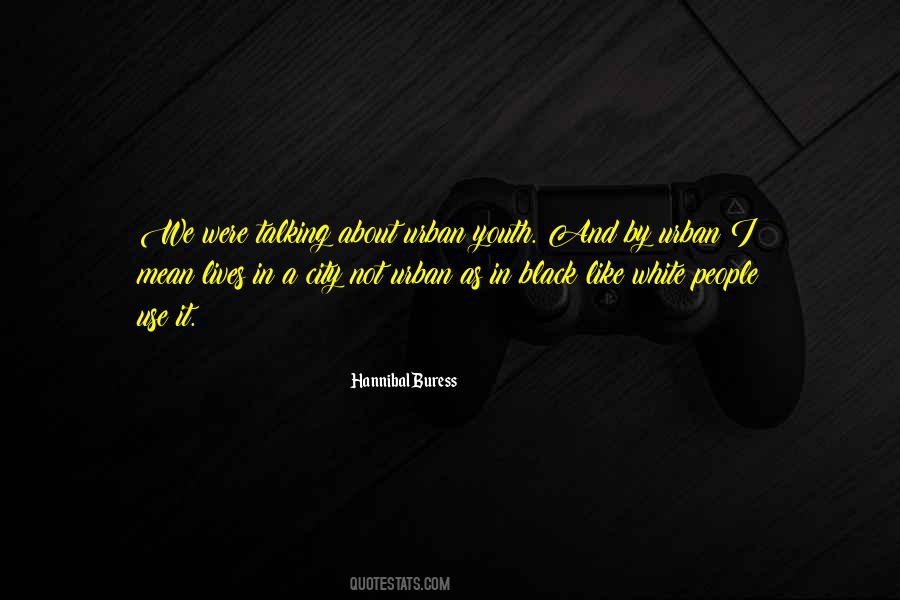
#32. Life was not always so peaceful and rewarding at NAPA (the office). Sometime during 1968, I cam back to the office and found the plate glass window shattered. I asked Ab what happened, and he strangely knew nothing.
Junius Williams
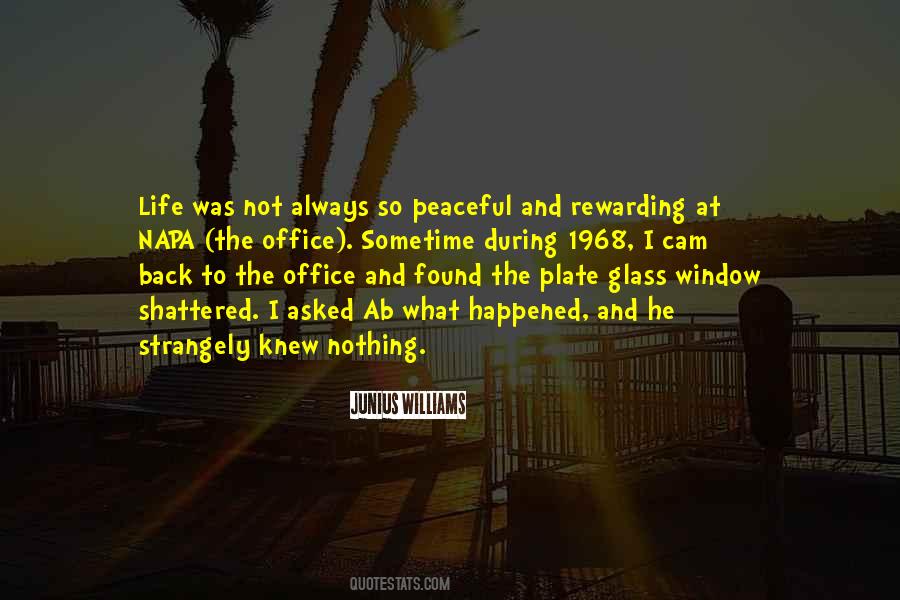
#33. Just 'cause I'm a vampire, doesn't mean I'm into the Goth scene."
"Yeah. I suppose that makes sense," I reason. "Like why go around dressing in black and wishing you were dead, when technically you already are."
He grins. "Exactly.
Mari Mancusi
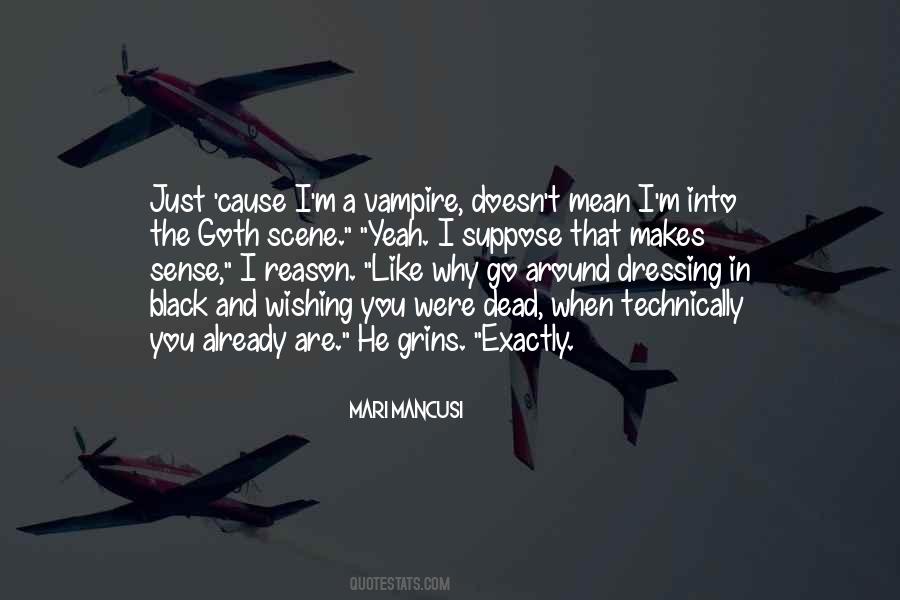
#34. I guess I should thank you for totally making my morning. It's not every day a stranger notices my perspiration level.
- Dr. Jeri Asher (BLACK MARIAH - A Calling)
Richard Finney
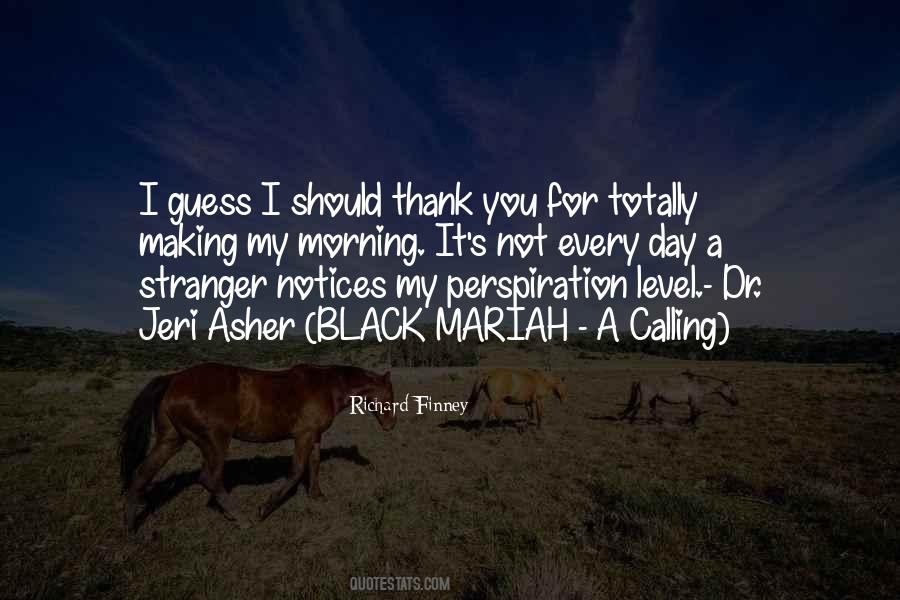
#35. All I see is my father's tax money being wasted on shooting satellite pictures of South America like you guys work for the Travel Channel.
Todd Dooley (BLACK MARIAH - A Calling)
Richard Finney
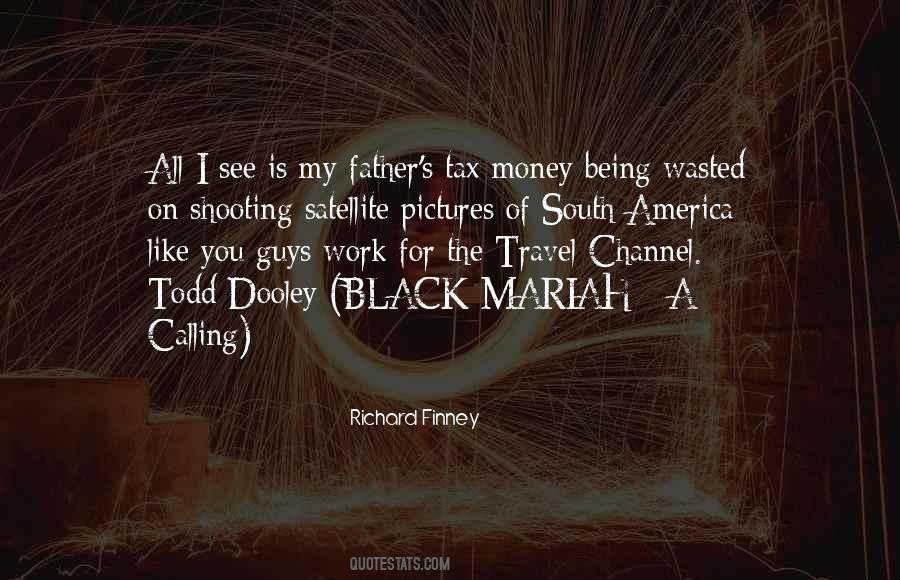
#36. One of the tragedies of the struggle against racism is that up to now there has been no national organization which could speak to the growing militancy of young black people in the urban ghetto.
Stokely Carmichael
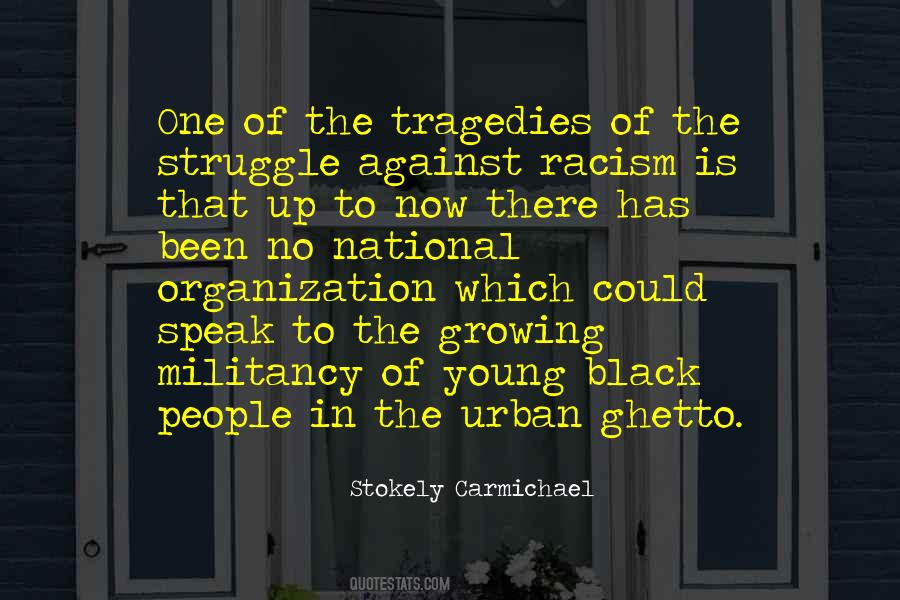
#37. I wanted to show the history and strength of all kinds of black women. Working women, country women, urban women, great women in the history of the United States,
Elizabeth Catlett
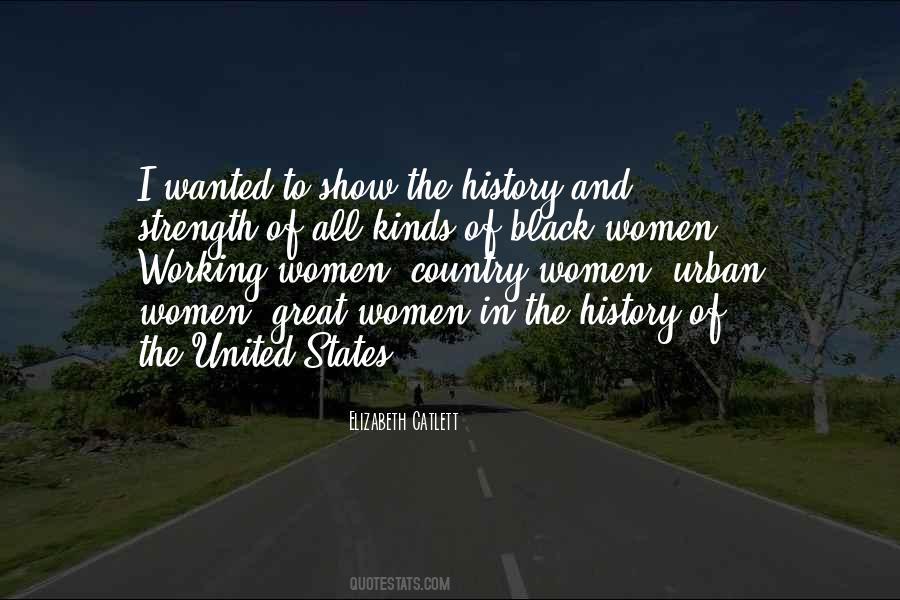
#38. Black power showed up in different ways, depending on the goals of the group.
Junius Williams
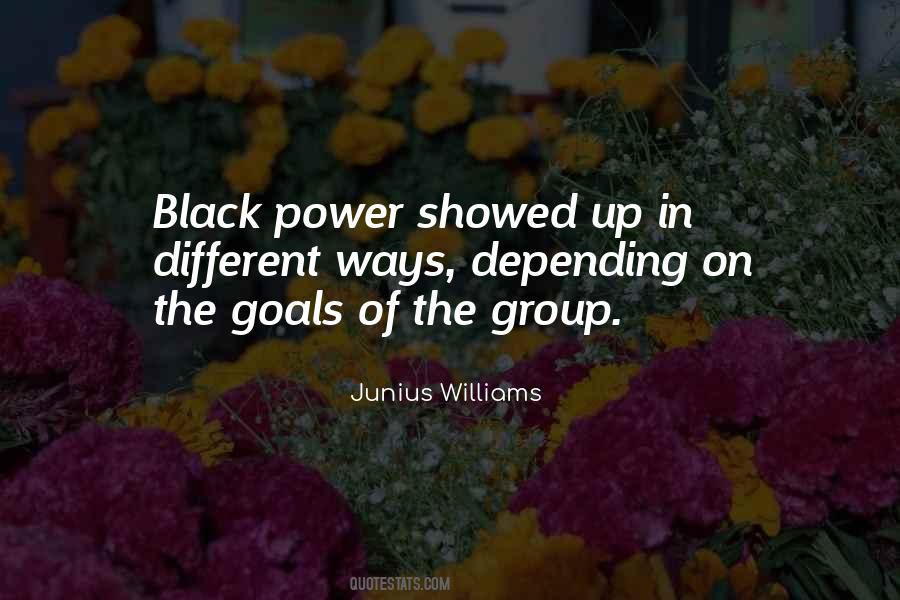
Famous Authors
Popular Topics
Scroll to Top










































